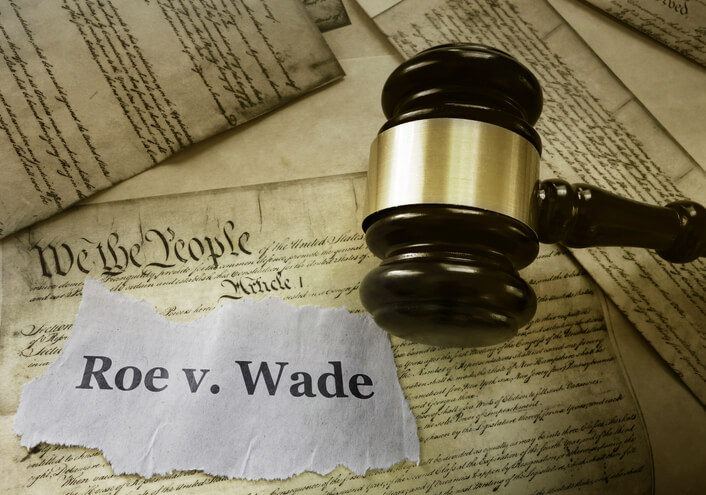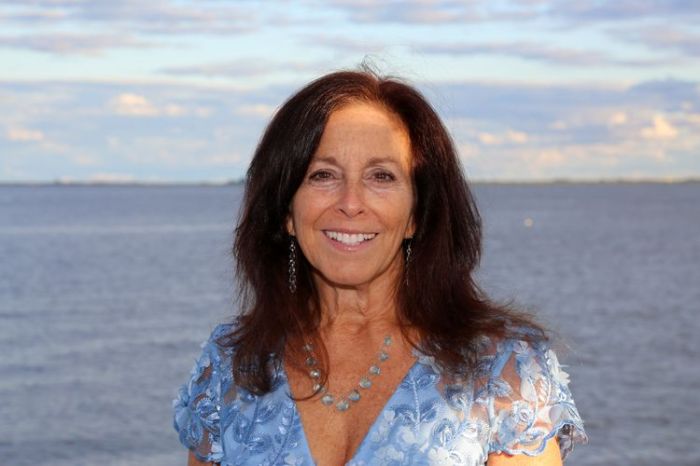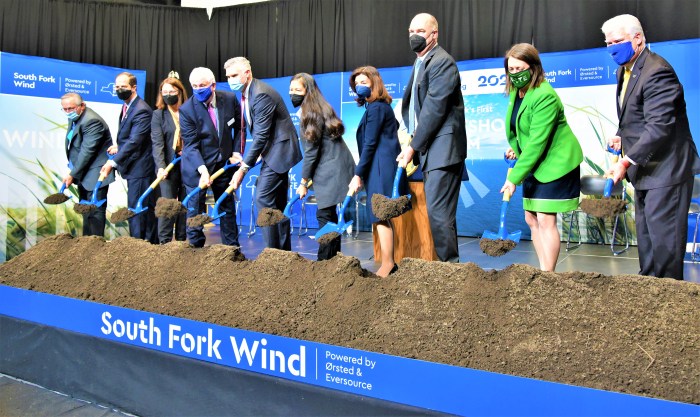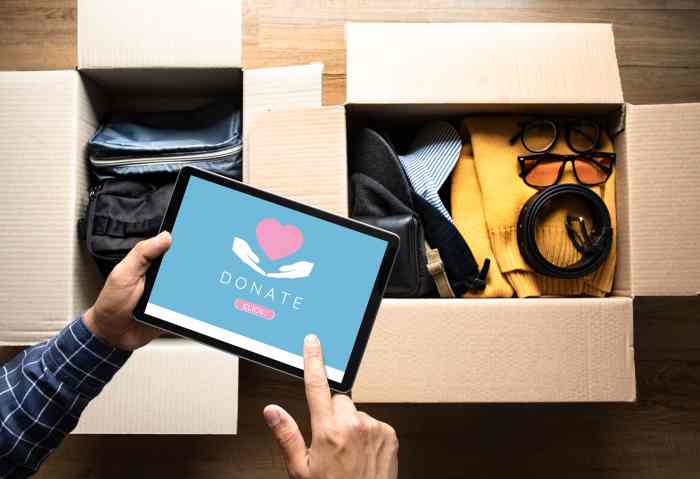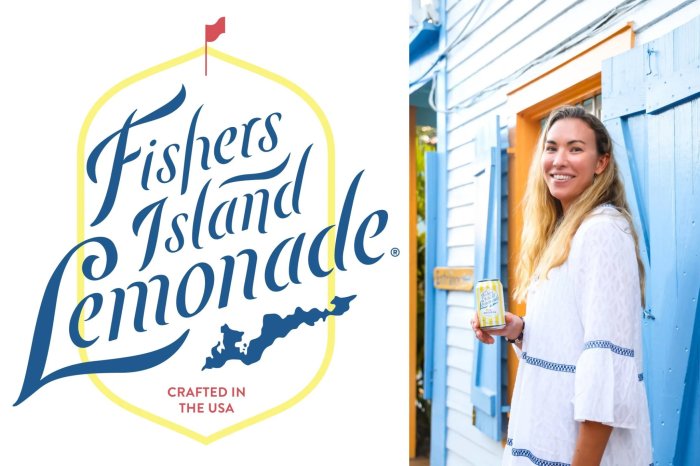By John Durso, President of Local 338/Long Island Federation of Labor
The Supreme Court’s decision regarding overturning Roe v. Wade is expected to be announced sometime in the coming weeks, just over a month after a leaked draft opinion was published by Politico in early May. The draft opinion, written by Supreme Court Justice Samuel Alito, signaled that the Court was going to move to overturn Roe v. Wade and rescind decades of decided case law that ensure a person’s right to bodily autonomy and access to a safe abortion.
Regardless of what your opinion is on the ethics of abortion, it is important to acknowledge that the Supreme Court’s decision in this case is going to have lasting impacts on every sector of our society, but most all on the lives of women, people of color, and workers.
Shortly after the draft opinion was leaked, Treasury Secretary Janet Yellen testified before the Senate Banking Committee and warned that overturning Roe v. Wade would “have very damaging effects on the economy and would set women back decades.” The number of women in our workforce has already dropped as a result of the pandemic, and if the right to choose is taken away, more women and people who give birth will be forced to leave the workforce to care for the children they may not have been able to afford to have in the first place.
The days where men ruled the country’s labor force are over—our workforce depends on the participation of women. They make up over half of the membership of my union, Local 338 RWDSU/UFCW, in essential fields such as grocery, pharmaceutical retail, home healthcare and more. Without their presence in the workforce, not only will our economy suffer, but families who depend on their income will be hurt as well.
Additionally, and perhaps more importantly, reproductive rights are a civil rights issue. Black women and low-income people are disproportionately impacted by abortion restrictions and bans. By overturning Roe v. Wade, the Supreme Court will be putting the health and safety of these communities at risk and setting a precedent that the rights we’ve all historically fought for and won may be in danger.
The fundamental right established nearly 50 years ago by Roe v. Wade has been upheld numerous times. There are generations of people of reproductive age who have never had to live in a country where Roe v. Wade wasn’t the precedent. If the Supreme Court eliminates it, what will stop them from taking away other rights we’ve won through decisions that have upheld the rights of other marginalized communities or even union members?
As New Yorkers, we are fortunate to have a state government that has been working to strengthen reproductive justice – including a person’s fundamental right to privately decide with their medical provider what is best for them. However, many women and people who give birth across the country are not that lucky, and will almost certainly suffer the consequences of this decision; many are already. States like Texas and Oklahoma have essentially outlawed abortion entirely, and several states across the country are set to follow suit the moment the Supreme Court releases its final decision in this case.
We will not fully understand the consequences of overturning Roe v. Wade until the Supreme Court’s decision is officially announced. We can only hope that their decision will not set a precedent for rescinding critical protections for privacy and the essential rights we’ve had to fight for and win through their previous decisions.
Sign up for Long Island Press’ email newsletters here. Sign up for home delivery of Long Island Press here. Sign up for discounts by becoming a Long Island Press community partner here.




